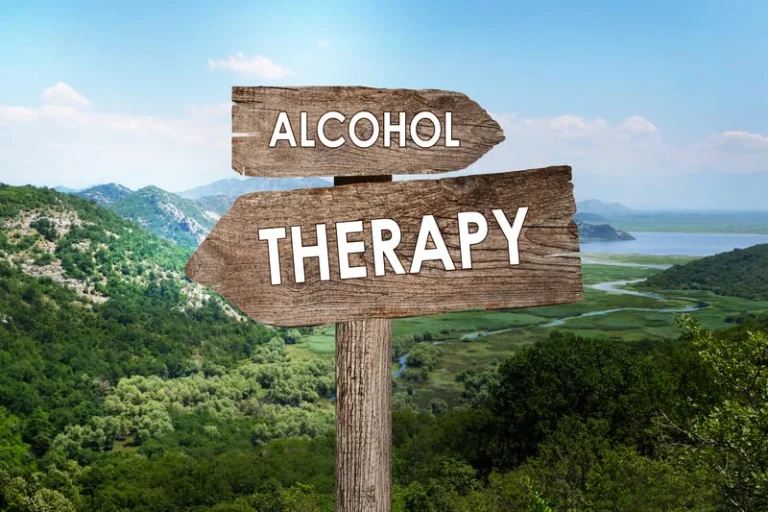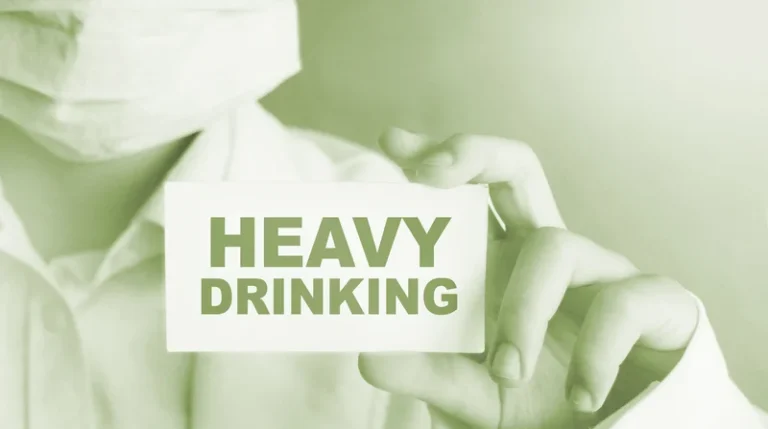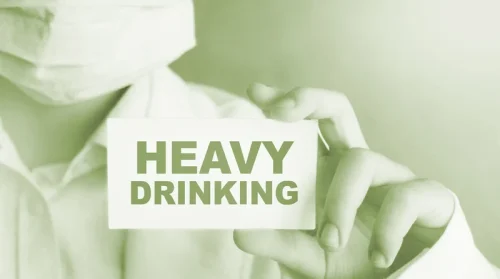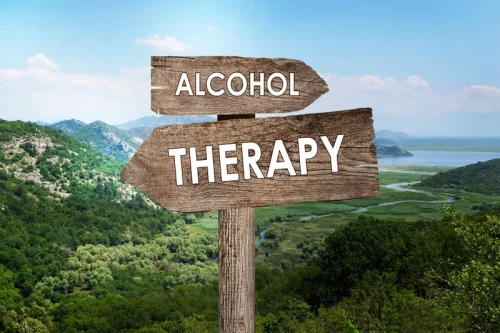The Stages of Alcoholism: Early, Chronic, and End Stage

The person struggling with alcoholism is rarely without a drink but thinks no one notices. This stage frequently results in alcohol-related deaths for users who do not enter treatment. If you think a family member or loved one might be showing signs, signals or symptoms of alcoholism, know that it won’t “go away” on its own. Their brain is changing—and without help, there can be serious long-term consequences.

The Four Stages of Alcoholism: Pre, Early, Middle, & Late
Individuals in this stage may not be familiar with different types of alcohol, so they are more likely to test their limits. This stage of alcoholism is often defined by the goal of “drinking to get drunk.” People who use alcohol often use it to self-medicate and escape negative thoughts and feelings. Usually, people in the first stage of alcoholism are not drinking every day, and they are still able to perform daily activities.

Health Conditions
- During the early stage of how alcoholism progresses, the person will tend to start experiencing negative consequences related to their drinking.
- If a person believes they may be drinking excessively or may have developed AUD, they should speak with a healthcare or mental health professional or reach out to a support organization.
- Treatment for AUD includes medication, therapy, and lifestyle changes.
Because alcoholism is a chronic disease and alcohol relapse is common, persistence is a necessity — but success is achievable. Despite efforts to hide their addiction, their drinking problem is quite obvious to others. Work performance usually suffers at this stage, and impairment in the workplace is common. Middle-stage alcoholics may become irritable or angry if confronted about their drinking.
Prevent cough and cold medicine abuse in parents! Discover signs, risks, and prevention strategies here.
In social situations, they may be unable to stop drinking when others do and find that they can’t handle as much as they previously could without becoming drunk. Blackout episodes, where the individual does not remember what they’ve said or done while drinking, may occur. But some people who drink face a risk of developing this chronic and progressive disease, which affects roughly 1 in every 8 Americans and contributes to about 88,000 deaths annually. Mali has fewer than 50 mental health professionals for a population of more than 20 million, according to a 2022 report by the World Health Organization. People with mental illnesses are often left without treatment and excluded from society. As someone’s substance use increases, so does their tolerance and physical dependence on the substance.
- In this stage, an individual can feel they have lost control over their alcohol consumption.
- You’ll want to find a rehab center that has medically-supervised detox capabilities so that you can comfortably and safely detox from alcohol.
- It stands to reason that alcohol recovery is also a gradual process with no set timeline.
This stage serves as a critical juncture, where individuals can still take steps towards recovery and prevent further progression into more severe stages of alcoholism. Understanding the stages of alcoholism is essential in recognizing and addressing the problem effectively. The first stage of alcoholism is known as pre-alcoholism, which is characterized by certain defining characteristics and warning signs. By being aware of these indicators, individuals and their loved ones can intervene early and potentially prevent the progression of alcoholism. Alcoholism is a complex and progressive disorder that affects individuals physically, mentally, and emotionally. It is characterized by an unhealthy relationship with alcohol, leading to a range of negative consequences.

Stages of The Addiction Cycle
Support groups such as Alcoholics Anonymous (AA) and Self-Management And Recovery Training (SMART) are open to anyone with a substance use disorder. Some services provide food and transportation, but services vary by program.
Discover the 7 benefits of sleep for exercise recovery! Maximize your gains and well-being with quality rest.
- The person now spends the bulk of their time servicing the disease by drinking.
- As a result, you may have to drink larger quantities to get “buzzed” or drunk.
- Professional medical staff can assist in the difficult process of withdrawal, making the transition into sobriety less daunting.
- Alcohol recovery typically involves alcohol detox, medical supervision, therapy, and support groups.
- These medicines can help reduce the negative side effects of detoxification and withdrawal.
Knowing the stages of alcoholism signs and symptoms of each stage can aid you in seeking help before your problem turns into dependence and addiction. But when alcohol consumption gets out of control, you may find yourself on a dangerous path toward addiction. Stopping is impossible at this point without professional help because of the severe and potentially life-threatening withdrawal symptoms that would occur if they quit cold turkey.

The pre-alcoholic stage marks the early period during which a person starts to engage in drinking. During this stage, alcohol consumption is typically moderate and infrequent, often in social or celebratory settings. Rehabilitation programs, also known as rehab, provide a structured environment for individuals to address their alcohol addiction.

